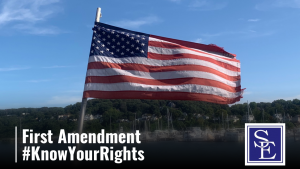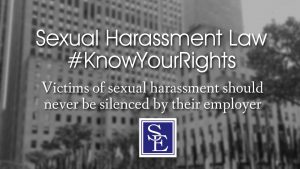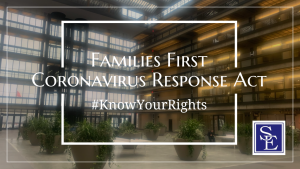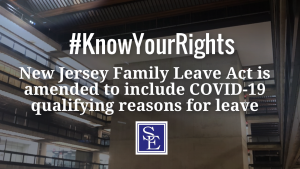The recent highly publicized deaths of George Floyd, Breonna Taylor and Ahmaud Arbery, among others, have cast a spotlight on race relations across the United States. Supporters of the Black Lives Matter movement in many cities have taken to the streets in protest of police brutality and systemic racism. In addition to public protests, many are sharing their views throughout social media and speaking out publicly to facilitate increased awareness and education to impact much needed change.
 In recent local news, Middletown North High School Valedictorian, Jada Tulloch, took to social media to share her own experiences with racism in her hometown and to give her perspective on the protest staged by her classmates in response to being denied an in-person graduation ceremony. On June 2, Ms. Tulloch posted a video on Instagram about how she survived years of oppression and racism in Middletown, a student population that is approximately 90% Caucasian, and admonished those of her peers claiming that their rights were being infringed upon by the Middletown Board of Education. Ms. Tulloch was referring to a recent protest by her fellow high school classmates held outside the Board of Education offices on June 1. The demonstration was in opposition to proposed plans to have a virtual graduation in lieu of an in-person event due to the COVID-19 pandemic and resulting Orders of Governor Murphy. Ms. Tulloch spoke directly to those of her classmates who belittled the #BLM movement and the bravery of those standing up to police brutality and racial injustice through organized protest.
In recent local news, Middletown North High School Valedictorian, Jada Tulloch, took to social media to share her own experiences with racism in her hometown and to give her perspective on the protest staged by her classmates in response to being denied an in-person graduation ceremony. On June 2, Ms. Tulloch posted a video on Instagram about how she survived years of oppression and racism in Middletown, a student population that is approximately 90% Caucasian, and admonished those of her peers claiming that their rights were being infringed upon by the Middletown Board of Education. Ms. Tulloch was referring to a recent protest by her fellow high school classmates held outside the Board of Education offices on June 1. The demonstration was in opposition to proposed plans to have a virtual graduation in lieu of an in-person event due to the COVID-19 pandemic and resulting Orders of Governor Murphy. Ms. Tulloch spoke directly to those of her classmates who belittled the #BLM movement and the bravery of those standing up to police brutality and racial injustice through organized protest.
Responses to Ms. Tulloch’s remarks were varied, with many voicing their support of her statements while others criticized her and demanded her planned graduation speech as valedictorian be rescinded. Middletown superintendent, William O. George, III showed early support for Ms. Tulloch on behalf of the district when he wrote a letter on June 4, addressed to the school community, in which he refused to denounce her social media post and affirmed her First Amendment right to share her perspective and to speak out against injustice and systemic racism. Those opposed to Ms. Tulloch’s actions wrote letters to the Middletown Board of Education and on social media chastising her for speaking out against the racism within the Middletown community.
 New Jersey Employment Lawyers Blog
New Jersey Employment Lawyers Blog













